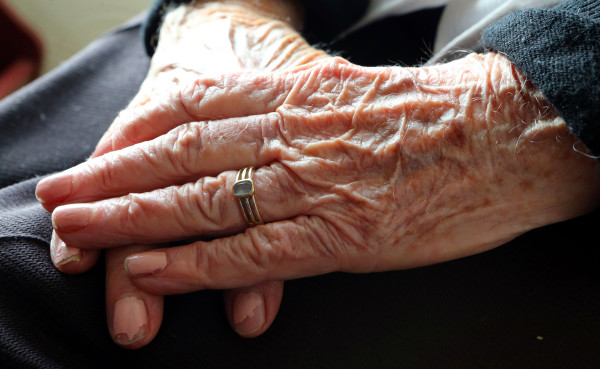Unlike NHS continuing healthcare, the nursing contribution is only payable to someone in a care home where they are receiving care from a registered nurse or doctor.
Like NHS continuing healthcare, the nursing care contribution is tax free and non means tested so will reduce the amount they pay in fees.
Typically the nursing care element in a care home does not cover the whole of the fees. The “residential” element of the fees will still be payable by the resident.
However, the contribution will significantly reduce the fees payable and this should be considered when discussing the client’s financial needs.
The current rate of contribution in England is £158.16. Rates are different in Scotland, Wales and Northern Ireland and there was a higher rate before 2007.
If a client has dementia, or has had a debilitating stroke, it is highly likely that some sort of nursing care will be required, and typically the client will require a nursing rather than a residential home.
In fact it would be difficult to imagine a situation where a client was in a nursing home and they were not receiving nursing care.
The client would therefore be entitled to the nursing care contribution. The nursing home should therefore split the bill so that the nursing element of the care is separately identifiable and the client is able to apply for the funding.
Although the nursing contribution does not cover the whole cost of a nursing home, the amount is significant enough to be taken into consideration when a client is discussing their income and capital needs for funding long-term care.
The amount that a client can therefore receive depends not only on their finances but also on the level of care they expect to receive.
So when advisers are consulted on care annuities they should try to understand the immediate and future needs of the client as well as the client’s present and future financial position.
They should then consider the amounts required after taking into account not only their existing level of income, but also the state help which is available.
Lynne Thompson is a chartered tax adviser











